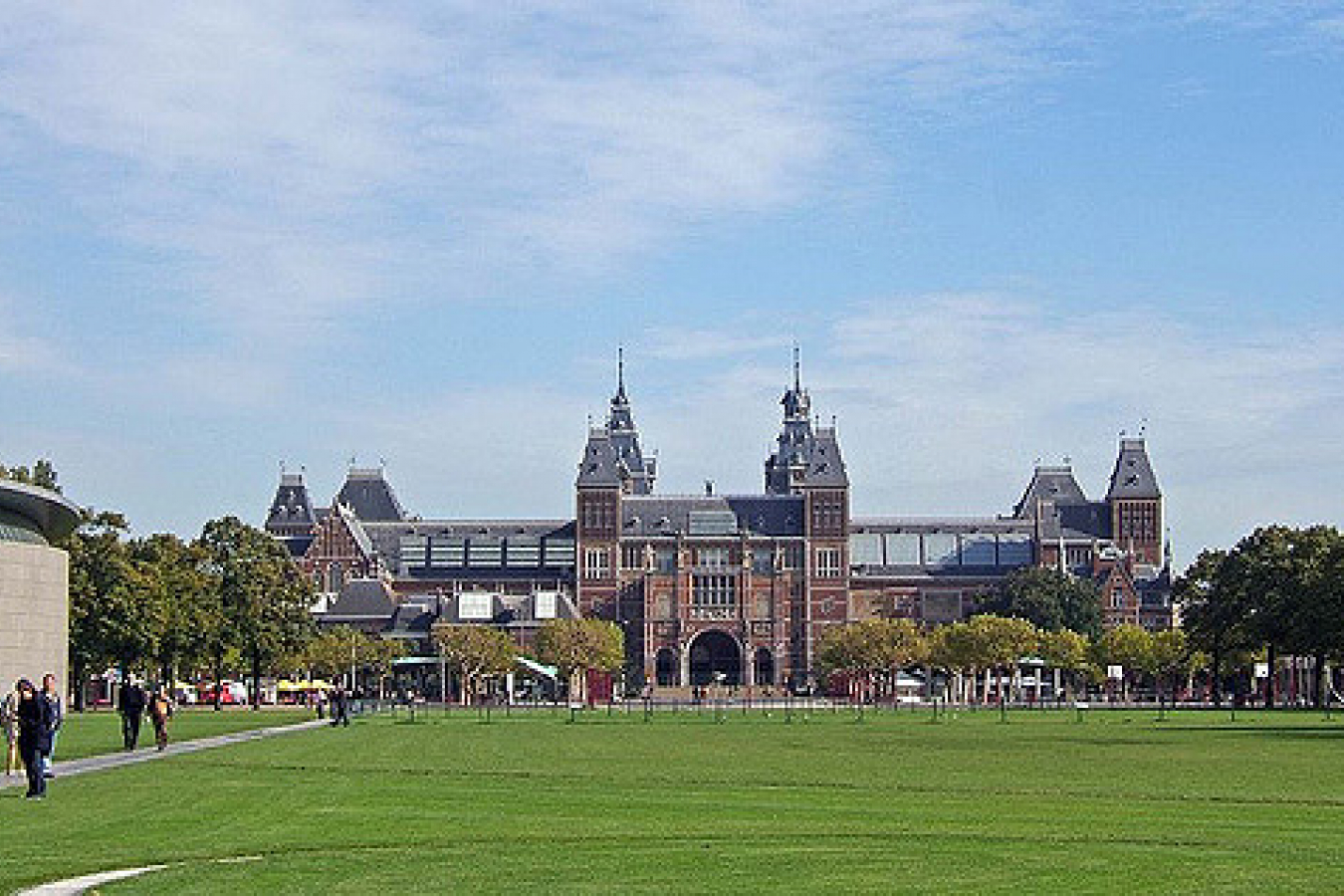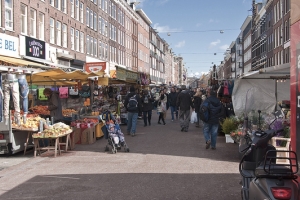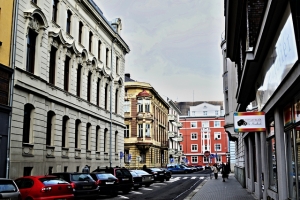Support migrant centric journalism today and donate

 • Media Center » Video Immigration News
• Media Center » Video Immigration NewsAs Dutch authorities consider revising their country's migration policy, the Netherlands Bureau for Economic Policy Analysis (CPB) has released a study that explores three immigration strategies in relation to a country's welfare policy.

The study comes at a time when the European Union is proposing legislation for an EU-wide "blue card" designed to attract highly skilled migrants to the 27-member bloc, in an attempt to market itself as a desirable destination.
The study explored a low-skilled temporary migration policy, an open policy with very little restrictions, and a selective policy for highly skilled migrants. It explored these options in relation to a "residual welfare state" with low taxes and low benefits and a "universal welfare state" with high taxes and high benefit levels.
The CPB study found that the type of welfare state and its immigration policy has a high influence on the skill composition of migrant labor. The study found that generous welfare states discourage highly skilled immigration and encourage lower-skilled immigration.
According to the study, to attract highly skilled migrants a "highly distributive" welfare state needs to undo its discouraging effect on skilled migrants.
The authors warned that governments should be very careful in introducing temporary migration policies. While temporary policies can potentially increase public revenue, if not enforced properly the policy may end up being an open immigration policy and put strain on the welfare system.





















